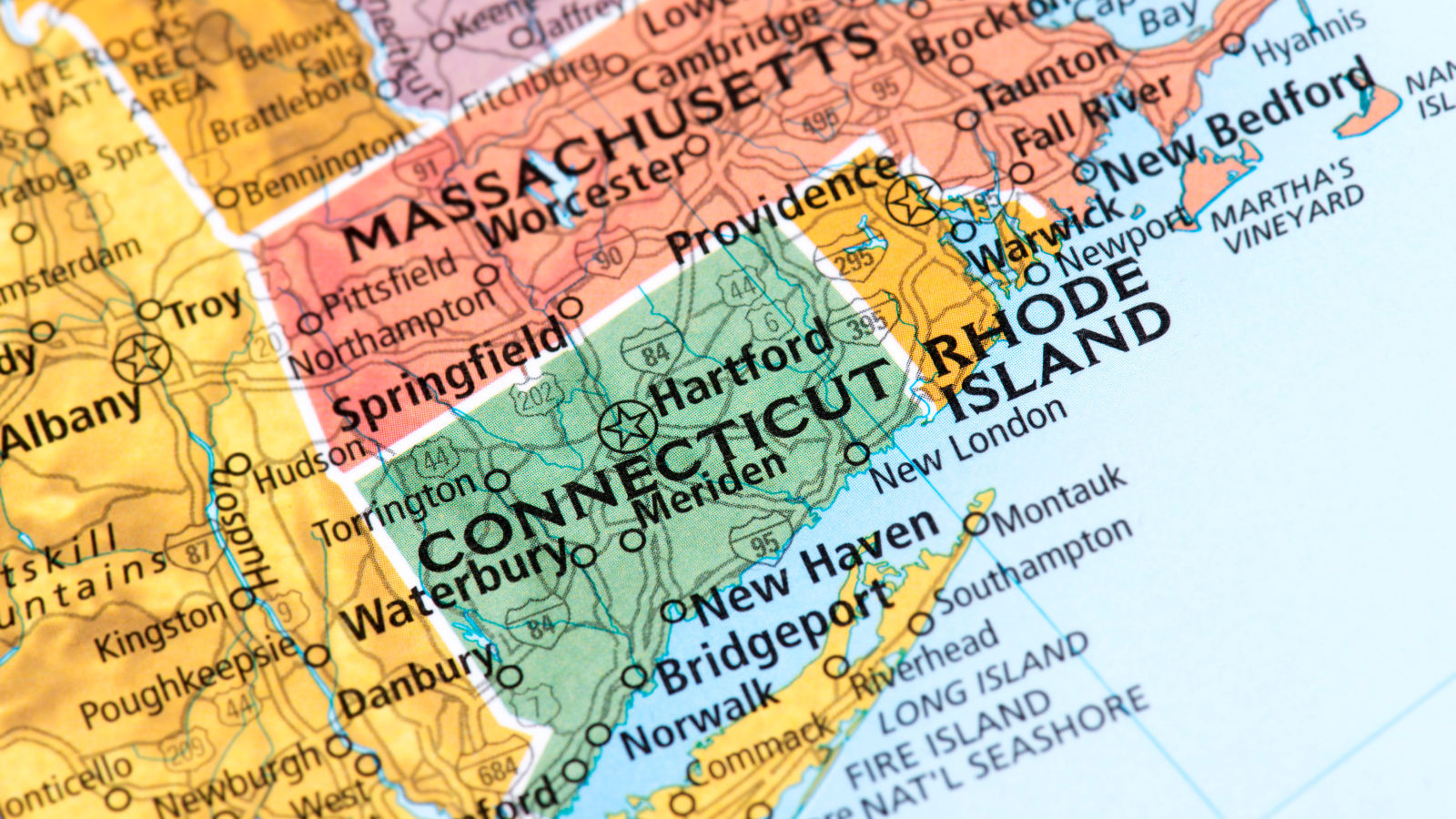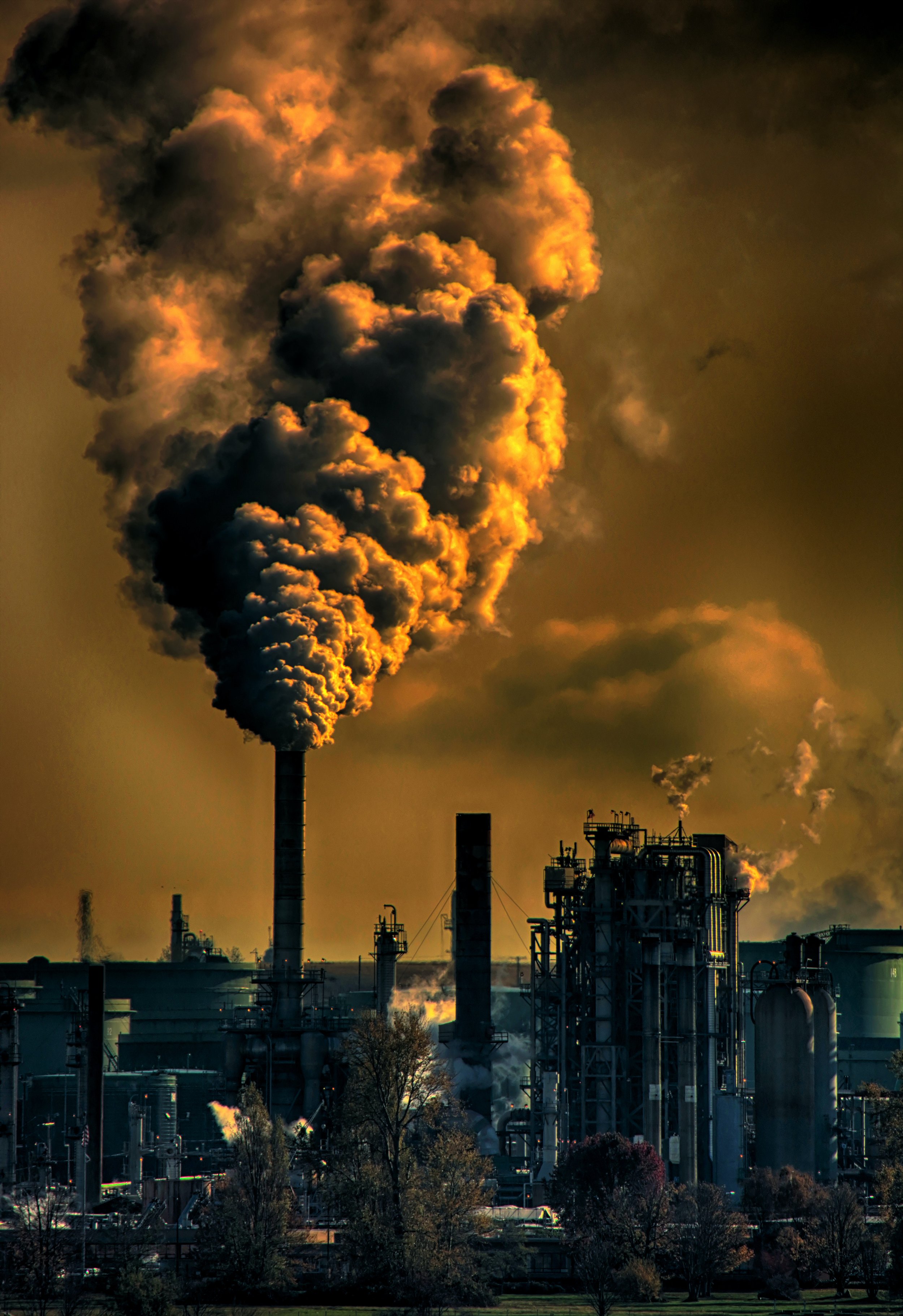Trade barriers are causing issues in eliminating plastic waste from oceans
🐬 Trade barriers are causing issues in eliminating plastic waste from oceans.
According to the Asia-Pacific Economic Cooperation, the overwhelming amount of visa requirements, tariffs, and restricted access to certain areas of the ocean are hindering the decades-long efforts to clean up the beaches and oceans across the globe. The Asia-Pacific Economic Cooperation (APEC) is a regional economic forum with the goal to promote economic growth, cooperation, and trade among its 21 member countries located in the Asia-Pacific region. This region accounts for approximately 60% of the world's population, approximately 59% of the world's GDP, and approximately 47% of world trade.
A significant project in Morocco aimed at revolutionizing renewable energy has hit a major roadblock.
Investor groups are urging EU countries to support a proposed law, the Corporate Sustainability Due Diligence Directive, which would hold large companies accountable for environmental and human rights violations in their supply chains.
Deforestation in Brazil's Amazon decreased by 22.3% in the 12 months through July, marking the smallest area cleared since 2018, according to government data from the Brazilian space research agency Inpe.
Delhi and its surrounding areas are grappling with hazardous levels of smog, with an air quality index as high as 800 in some places, far above the safe range.
President Biden has unveiled a series of investments totaling over $5 billion as part of his commitment to rural America.
In the 2022 "Protecting Blue Whales & Blue Skies" program, shipping companies received awards and financial incentives for reducing speeds in environmentally sensitive areas.
As saltwater intrusion from the Gulf of Mexico threatens the drinking water supply of approximately one million people around New Orleans, efforts are being made to protect the region's water sources.
The UK has given the green light for Equinor's North Sea Rosebank oil and gas project, emphasizing energy security despite opposition from environmentalists.
Monjasa, one of the world's top 10 marine fuel suppliers, is working to establish a sustainable and scalable biofuel option for the maritime industry in Latin America.
The shipping industry may struggle to secure enough carbon-neutral fuels to meet the 2030 maritime emission targets, according to DNV.
According to the U.S. Fashion Industry Association's latest industry survey, nearly 80% of fashion executives intend to decrease their sourcing from China over the next two years.
Macy's Vice President of Sustainability, Keelin Evans, emphasizes that sustainability is a pivotal element of Macy's modernization as the department store giant reshapes its models and processes for a sustainable business.
The plastic bottle problem is a global concern, with 1 million plastic bottles being purchased every minute.
Retail giant Walmart has set its sights on promoting sustainable fashion within its supply chain
An investigation by the International Union for Conservation of Nature (IUCN) Netherlands and AidEnvironment analyzed the palm oil supply chain in Colombia.
Nikola Corporation and J.B. Hunt Transport Services Inc. have reached an agreement for J.B. Hunt Transport Inc., a subsidiary of J.B. Hunt, to purchase 13 zero-emission Class 8 trucks from Nikola.
Connecticut's commitment to becoming zero emission by 2035 stems from a growing recognition of the urgent need to address climate change and its adverse effects on the environment and public health.
Amazon reports a decrease in carbon emissions for the first time since the company began reporting the figure.
According to industry experts, the lack of visibility into sustainable sourcing poses a significant risk in supply chains, pushing companies to prioritize suppliers with genuine sustainability practices.
The implementation of Extended Producer Responsibility (EPR) is bringing significant changes to the packaging industry, necessitating adjustments from packaging professionals.
Organizations are increasingly adopting circular supply chain models to reduce waste, minimize environmental impact, and enhance sustainability.
According to Gunther Rothermel, SVP & Head of Sustainability Engineering at SAP, data quality is of utmost importance when managing Scope 3 emissions.
PepsiCo has published its inaugural ESG (Environmental, Social, and Governance) report, detailing the progress made under its pep+ initiative.
The International Seabed Authority (ISA), responsible for regulating the ocean floor, is set to resume negotiations on deep-sea mining permits.
Consumer demand for sustainable products is driving the need for environmental responsibility in the consumer packaged goods (CPG) and food industry.
The US military's preparations for conflict in the Pacific are being hindered by inadequate logistics planning, according to Bradley Martin and Christopher Pernin of the RAND Corporation.
A massive search effort is currently underway in the remote North Atlantic to locate the missing Titan submersible, which carried five individuals.
The expansion of the port in Nome, Alaska, is set to transform the region, accommodating larger cruise ships, cargo vessels, and military ships, and making it the nation's first deep-water Arctic port.
The Sustainable Apparel Coalition (SAC) and the Apparel Impact Institute (AII) have joined forces in a collaborative effort to accelerate decarbonization in the fashion industry and promote sustainability throughout the global clothes supply chain.































A skit on "Saturday Night Live" recently spoofed fast fashion brands Shein and Temu, highlighting the industry's dark side.